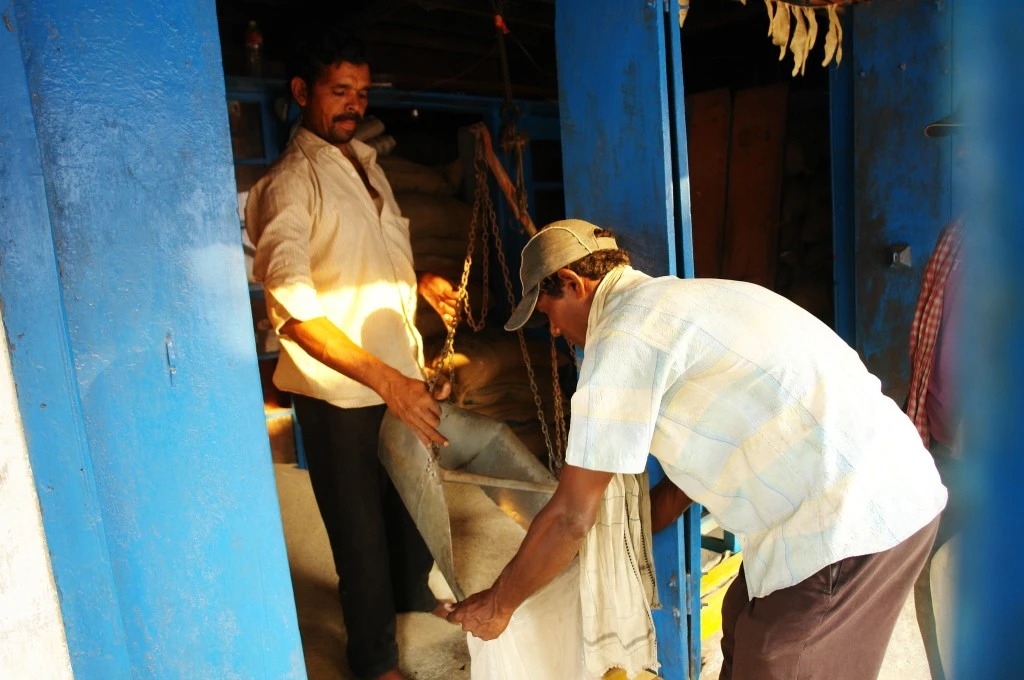The Chin community in Myanmar has faced decades of persecution, and the ongoing civil war has worsened its situation. In 2021, the military staged a coup to seize power from the elected government and jailed the majority of the country’s civilian leadership. Since then, thousands of people have been killed, and millions more are displaced.
While it is often seen as an ethnic conflict, the Chins have faced religious persecution as well. The predominant religion in Myanmar is Buddhism; however, the Chins mostly practise Christianity. The military has made forced assimilation attempts, which has resulted in coercive conversions, churches being shut down, the arrests of pastors, and several other human rights violations.
Given Mizoram’s proximity to Myanmar, the Indian state has become the most favoured destination for Chin refugees. Since March 2021, more than 30,000 Chin people have sought refuge in the state. An alliance of local nonprofits, including organisations such as the Young Mizo Association (YMA), has been helping the refugees access everyday resources such as water, sanitation, and electricity.
The Mizo society’s acceptance of the Chins is commendable, especially because they aren’t bound by any laws to do so. India is not a signatory to the 1951 United Nations Refugee Convention, which defines the rights of asylum seekers and the responsibilities of host nations. Then what drives the camaraderie and love that Mizo society feels for the Chin people, who were strangers to them even a few years ago?
To understand this, we visited a Chin refugee camp near Aizawl, the capital of Mizoram. In this video, Reverend Malasawmi, a Chin pastor; Chinsankim, the wife of a former Myanmar police officer; and Davide Malsawmtluanga, secretary at YMA, narrate the challenges that the Chin people face as refugees and also highlight the humanitarian efforts of Mizo civil society.
—
Know more
- Read this article to understand the history of the Chin people and the persecution they face in Myanmar.
- Learn why a handicrafts maker from the Bru community is worried about the loss of traditions.





